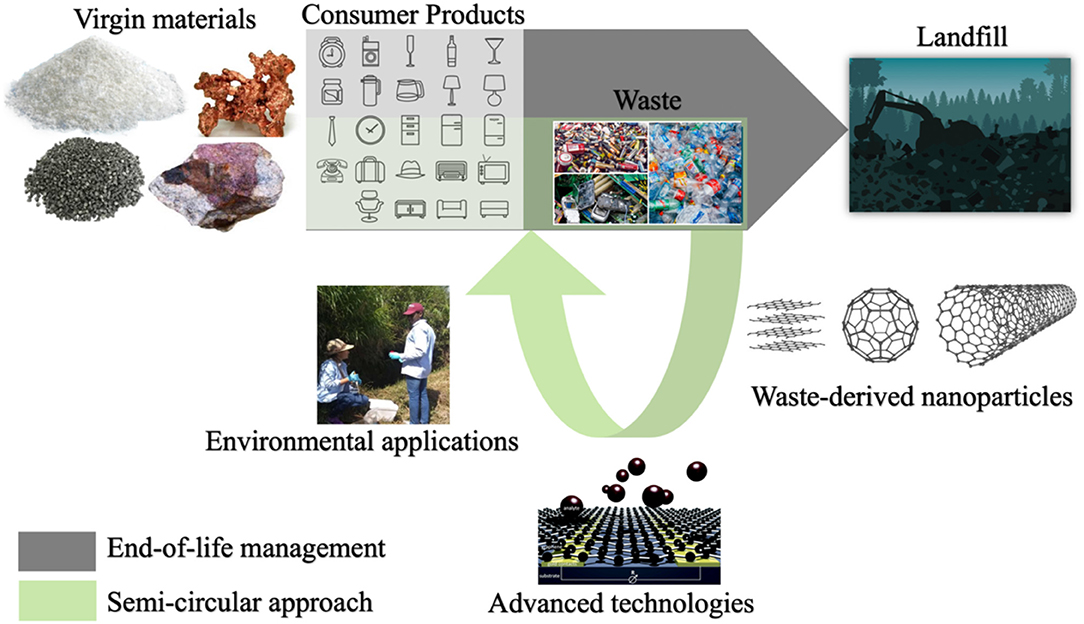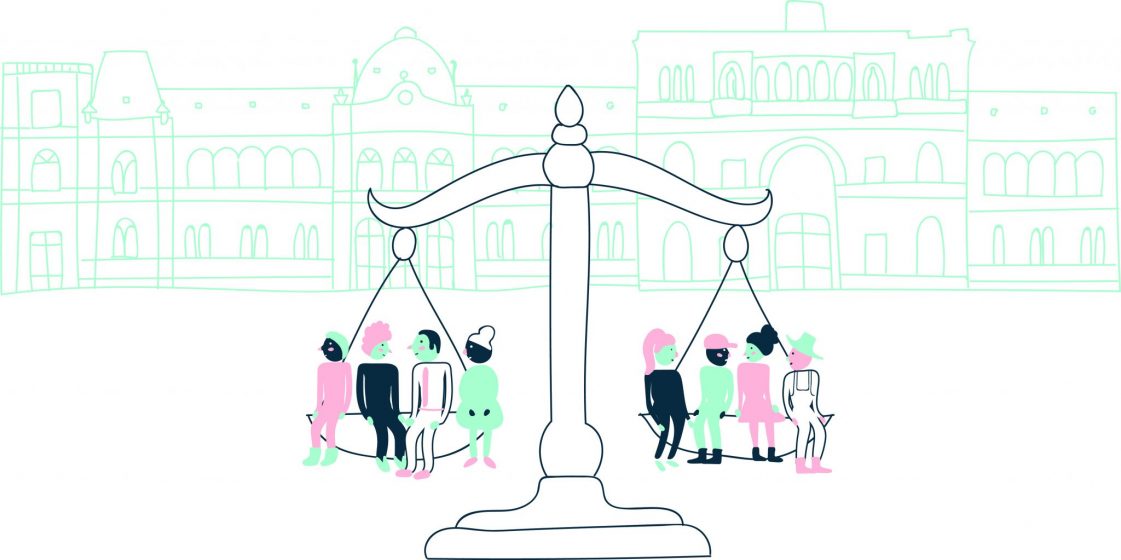Report on Digital Consent Mechanisms and Their Alignment with Sustainable Development Goals
Promoting Institutional Accountability and Justice (SDG 16)
An analysis of standard website user agreements reveals a direct correlation with the objectives of Sustainable Development Goal 16, which focuses on Peace, Justice, and Strong Institutions.
- The stipulation that users agree to a revised Privacy Policy and Terms of Use is a fundamental practice in establishing transparent and accountable digital governance. This promotes the rule of law at the digital level and ensures public access to information regarding data handling, a key target of SDG 16.
- Empowering users with the ability to change cookie settings through their browser supports the development of effective, accountable, and transparent institutions at all levels by safeguarding individual digital rights and privacy.
Enhancing Infrastructure, Innovation, and Education (SDG 9 & SDG 4)
The technological framework underpinning user consent on websites contributes to broader development goals related to infrastructure and education.
- The use of cookies and consent management systems represents an aspect of the digital infrastructure essential for modern innovation. Ensuring these systems are user-centric and transparent contributes to building resilient infrastructure and fostering inclusive industrialization as outlined in SDG 9 (Industry, Innovation, and Infrastructure).
- A clear and consensual digital environment facilitates safe access to online resources, which is critical for achieving SDG 4 (Quality Education) by supporting inclusive and equitable learning opportunities for all.
Strengthening Global Partnerships for Sustainable Development (SDG 17)
The widespread adoption of consent protocols reflects a global partnership in creating a sustainable and equitable digital future.
- The act of a user providing explicit agreement (“I agree”) symbolizes a micro-partnership between the service provider and the end-user. This aligns with the multi-stakeholder approach advocated by SDG 17 (Partnerships for the Goals).
- Standardized privacy and data use policies across international websites demonstrate a global cooperation to create harmonized regulations that protect users while enabling technology, thereby strengthening the global partnership for sustainable development.
Analysis of the Article in Relation to Sustainable Development Goals (SDGs)
1. Which SDGs are addressed or connected to the issues highlighted in the article?
- Based on the provided text, which is a cookie consent notification, there are no Sustainable Development Goals (SDGs) addressed or connected to the issues discussed. The text solely pertains to website usage policies (cookies, Privacy Policy, and Terms of Use) and does not contain information related to social, economic, or environmental development issues.
2. What specific targets under those SDGs can be identified based on the article’s content?
- The content of the article does not provide any information that can be linked to specific SDG targets.
3. Are there any indicators mentioned or implied in the article that can be used to measure progress towards the identified targets?
- The article does not mention or imply any indicators for measuring progress towards SDG targets, as no relevant issues, goals, or targets are discussed.
4. Table of SDGs, Targets, and Indicators
| SDGs | Targets | Indicators |
|---|---|---|
| No relevant SDGs were identified in the article. | No relevant targets were identified in the article. | No relevant indicators were identified in the article. |
Source: news.cgtn.com







